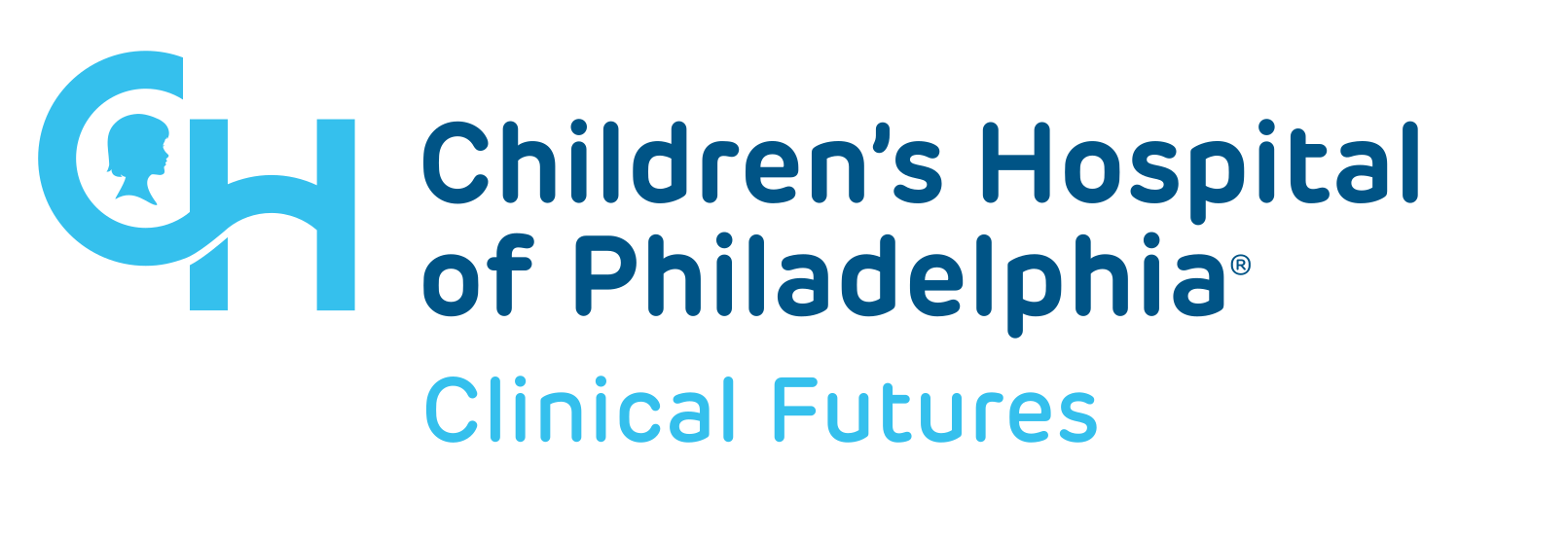Research In Practice Blog
Breadcrumb

Researchers at Children’s Hospital of Philadelphia are exploring new ways to promote widespread implementation of neonatal resuscitation practices after being awarded $7.1 million in funding from the Patient-Centered Outcomes Research Institute (PCORI). PCORI, an independent, nonprofit organization, is the leading funder of patient-centered comparative clinical effectiveness research in the United States.
Resuscitation is a surprisingly frequent need for hundreds of thousands of newborn babies in the US each year. Of the 3.8 million babies born in the United States every year, 10 percent require resuscitation to breathe immediately after birth. Positive pressure ventilation (PPV) — giving rescue breaths — is the most important intervention during neonatal resuscitation and is most frequently delivered through a facemask. However, in many cases, facemask PPV can be challenging and does not always work immediately. This failure is due to challenges such as facemask leaks and airway obstructions. Facemask failure can result in a delay of effective ventilation, which, in turn, can prevent oxygen delivery to the newborn and result in organ damage. Also, if facemask PPV fails, physicians will typically place a breathing tube in the infant through a process called intubation. Intubation can be a risky and technically challenging procedure, and not all neonatal providers are trained to perform intubation.
A supraglottic airway is a safe, easy-to-use, U.S. Food and Drug Administration-approved alternative airway to provide PPV for babies born at or near term. Over the past decade, many randomized trials have examined and demonstrated that the supraglottic airway is safe, effective, and easy to place to deliver effective PPV, without requiring extensive training and experience. Although U.S. neonatal resuscitation guidelines recommend supraglottic airways, they are rarely used by clinicians who perform neonatal resuscitation. Identified barriers to supraglottic airway use include:
- Mixed perceptions of the advantages or disadvantages of SA compared to alternatives.
- Insufficient education and training in SA use
- Lack of perceived need for an alternative to intubation as a standard practice.
Developing Strategies and Implementation Tools
The Supraglottic Airway for Resuscitation (SUGAR) Trial will bridge the evidence-to-practice gap in the use of supraglottic airways during newborn resuscitation in delivery hospitals. The SUGAR trial, co-led by Elizabeth E. Foglia, MD, MSCE, an attending physician in the Division of Neonatology and principal investigator of the Delivery Room of the Future Frontier Program at CHOP, and Chris Bonafide, MD, MSCE, Associate Chief of the Division of General Pediatrics and Co-Associate Director for Implementation Science of Clinical Futures at CHOP, aims to compare two implementation strategies for effectively incorporating the use of supraglottic airways use. These strategies include:
- The Enhanced Standard of Care (Enhanced) strategy includes a package of five implementation tools to promote supraglottic airway use that hospitals can use without external support.
- The Enhanced Standard of Care Plus Facilitation (Enhanced Plus) strategy includes all five tools in the Enhanced strategy plus two tools that use external facilitation. External facilitation means hospitals will receive extra support from outside experts and peer hospitals that successfully implemented the supraglottic airway.
In the first strategy, hospitals will receive a package of five implementation tools to promote the use of supraglottic airways but will not receive any additional external support. In the second strategy, the same five tools will be provided, along with two additional tools that include external support from experts and peer hospitals that have successfully implemented supraglottic airway use.
The study has three main objectives:
- To compare the two implementation strategies — Enhanced and Enhanced Plus — to determine which is more effective in increasing clinicians' use of supraglottic airways during neonatal resuscitation.
- To assess whether an increase in the use of supraglottic airways in participating hospitals is linked to improved patient-centered outcomes for newborns receiving resuscitation.
- To evaluate the effectiveness of each approach and understand the reasons behind their outcomes.
Partners and Collaborators
This trial will be conducted in collaboration with the Delivery Room Intervention and Evaluation (DRIVE) Network, aimed at studying and improving neonatal resuscitation across an inclusive and diverse population of infants born in delivery rooms in the United States. The goals of DRIVE are to innovate healthcare delivery by designing and testing solutions that improve provider training, team performance, and clinical outcomes for newborns requiring resuscitation at birth. Founded by the American Academy of Pediatrics in 2022, the network now has more than 50 hospitals that have signed agreements or are already sharing data.
“I find the potential impact of the SUGAR Trial to be incredibly exciting. The findings will provide valuable insights for resuscitation organizations, hospitals, and clinicians, helping them to identify the most effective methods for using supraglottic airways during neonatal resuscitation and ultimately save babies struggling to breathe in their first minutes of life.” said, Dr. Bonafide. “Additionally, this research will inform and support our partners in implementing new neonatal resuscitation guidelines and practices. Ultimately, these new insights will contribute to improved care and outcomes for newborns who require resuscitation after birth.”
The study team will collaborate with various partners, including parents of newborns who require resuscitation, clinicians, administrators, researchers, and national organizations that establish neonatal resuscitation guidelines. To facilitate this collaboration, three key engagement bodies will work closely with the investigator team throughout the study: a Parent Advisory Board, a Steering Committee composed of research stakeholders, and a Clinical Engagement Council representing clinicians and administrators from diverse settings.
“Solid evidence exists for use of supraglottic airways during neonatal resuscitation, but we do not yet understand how to ensure that this evidence is translated into clinical practice." Dr. Foglia said. "The implementation tools we study in the SUGAR trial will help identify the best way to promote evidence-based interventions for neonatal resuscitation, resulting in better outcomes for this vulnerable population. We are grateful to receive this PCORI award to support this important work.”
Learn more in this CHOP press release and on PCORI’s website.
